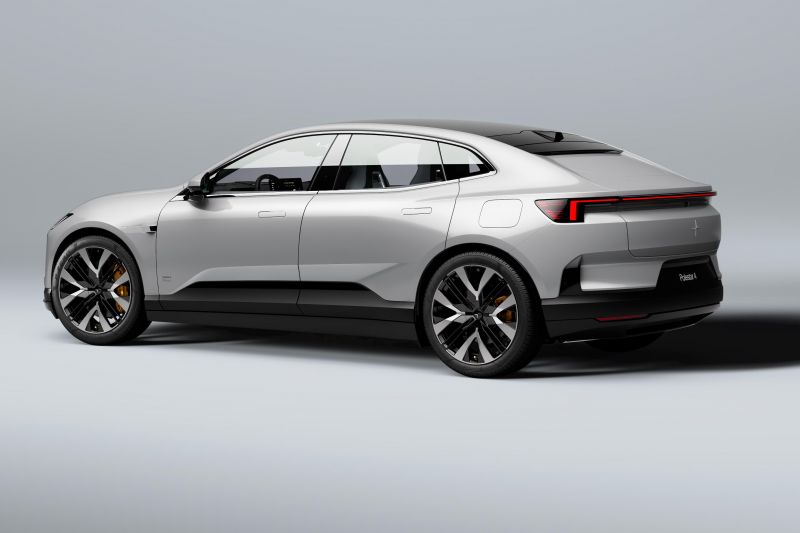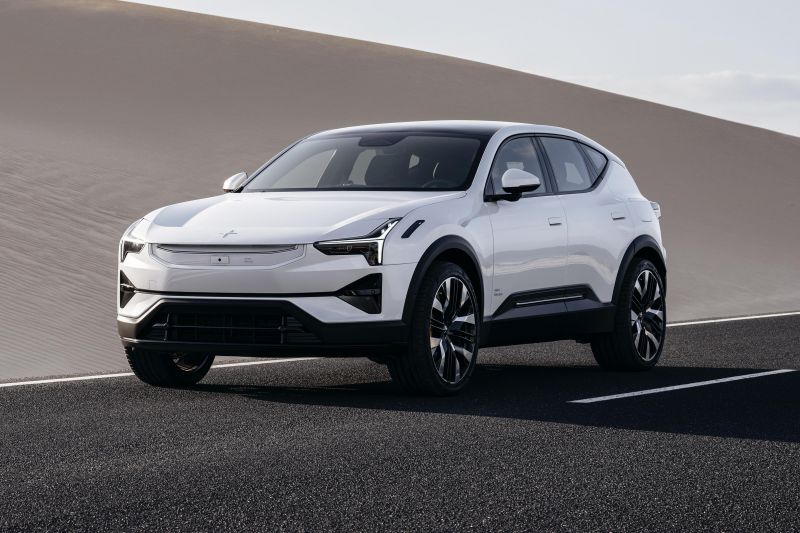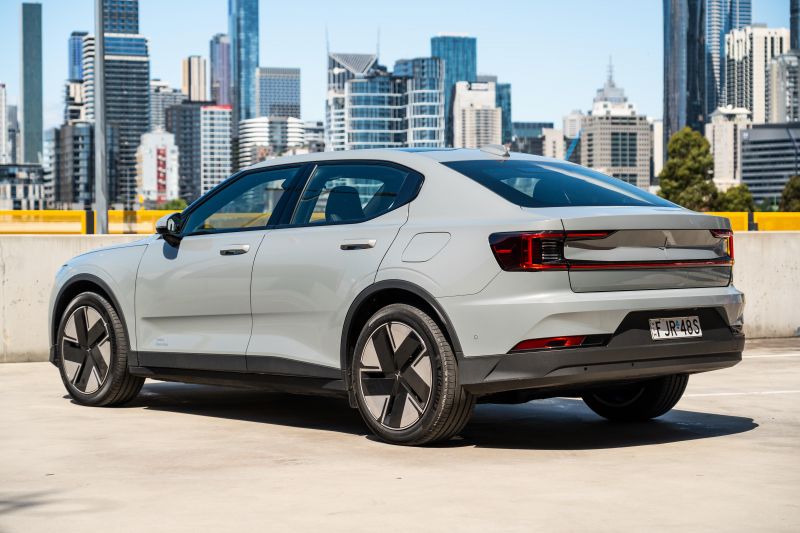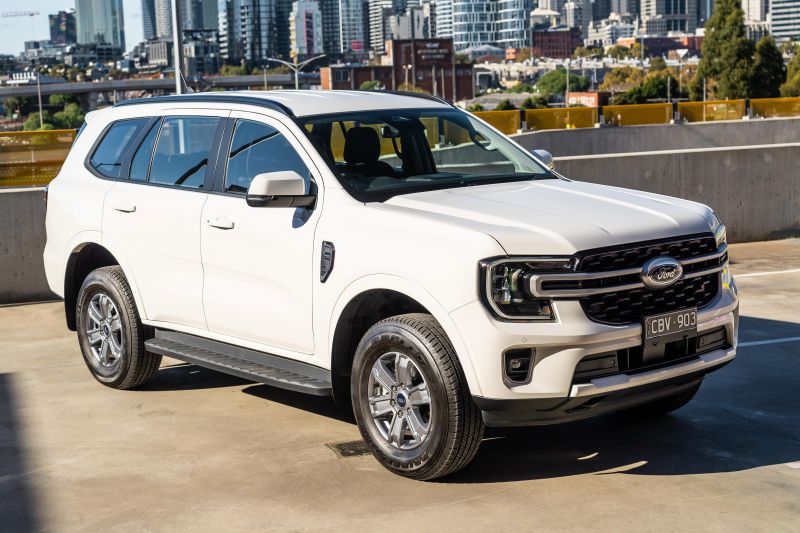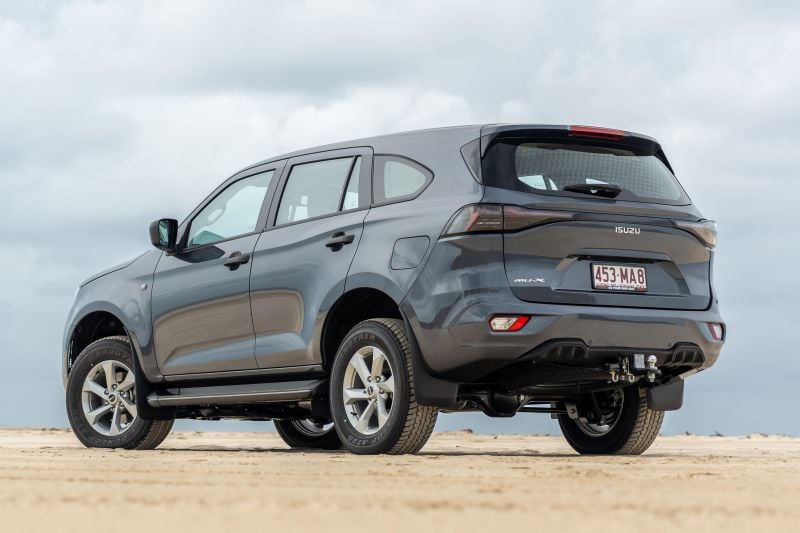Polycyttar An exception to the observations criticized by the Federal Automobile Manufacturers Chamber (FCAI) criticizing the Australian government The new car efficiency standard (NVES).
“The efforts made to undermine this legislation will only lead to depriving the Australians,” Scott Minard, Australia’s President of Polisar, said in a statement issued this morning.
“NVES has been developed to reduce vehicle emissions by motivating car makers to provide more hybrid options and hybrid and electrical components, and we can clearly see car brands that rise to this challenge.
“By the end of the year, the number of hybrid and electrical components options for the Australian new car buyers will be more than 100.
“More than 85 percent of the global auto market has a fuel efficiency standard, which helps to achieve improved health results and reduce ownership costs. We must remain in the course to see these benefits achieved in Australia.”
Hundreds of new car deals are available through Carexpert now. Get experts next to you and register a lot. Browse now.
-
Polestar 4
FCAI CEO, Tony Weber, seemed to warn a bad start for EV sales this year.
“We are now two months of the government’s new vehicle efficiency standard, and while electric car supplies for the battery increased significantly, the demand for the consumer decreased by 37 percent this year compared to the first two months of 2024.”.
“We knew that EVS supplies would increase, and there are now 88 models available to the Australian market. However, our intense interest has always been the EV dependence rate and what assumptions that the government put in its modeling about consumers’ request on EVS in Nves. This modeling is still secret.
“The easy part is to set ambitious goals but without Consumers’ claim, NVES will not succeed. It is time for the government to consider the facts faced by consumers.”
-
Polystar 3
While EV sales decreased in the first two months of this year compared to the same period last year, hybrid sales increased by 42.5 percent, and spatial hybrids (PHEVS) increased by 222.2 percent.
The decrease in EV sales was also largely due to the recession by EV Market Leader Tesla, whose sales decreased by 65.6 percent year on year.
Last year, hybrid sales and PEVS – which also aimed at encouraging accreditation – increased by 76 percent and 100.2 percent, respectively. EVS was still rising, but not with an increase of 4.7 percent modest.
The Australian government has argued that the goal of Nves is not only to reduce carbon dioxide emissions, but to provide a greater option for the local new car market.
In announcing the plan last year, the Minister of Climate Change and Energy Chris Bown said that Nves is about ensuring that Australian families and companies can choose the latest and most efficient, whether they are gasoline, diesel, hybrid, or electrical engines.
-
Polystar 2
NVES entered into force on January 1, 2025. The penalties will accumulate from July 1, before it became due in 2028.
EV Polestar and Tesla brands will benefit from NVES as they can earn balances to overcome carbon dioxide targets at the fleet level, which can then be sold on other brands.
Both brands were turned out with FCAI last year, which left the peak industry to the brands of cars.
“The brand cannot continue in good faith to allow her membership fees to fund a campaign designed to slow the auto industry contribution to emissions in Australia,” Samantha Johnson, then Polstar President of Australia said in a letter to FCAI.
-
Ford Everest 4 x 2
“FCAI claims and its members of a significant increase in the proposed standard are exaggerated.
“FCAI has not released the full modeling that supports its confirmation; to the general public or its members. Instead, FCAI appears to have chosen what he thinks will develop the position of some members only.
“When FCAI is committed to representing all the sounds in the automotive industry, Polestar will be considered returning as a full member.”
While Polestar support NVES, the reaction of other brands after its announcement was mixed, with some support, but others love Toyota and Ford claiming changes to make it more applicable.
The Australian government has in turn reviewed. This included the transfer of “heavy rugged passenger vehicles” to the same category as Uts and Vans, and giving this category more lenient goals.
-
Isuzu MU-X 4 x 2
NVES has already been blamed for the most efficient rear-wheel drive versions of Ford Everest and Izuzo Mu-X, although they may motivate some car brands to import more efficient models that may not have.
While the government said that there is no “guide” indicating that Nves will increase vehicle prices, it is likely to be brands like ISUZU and Toyota an increase in prices.
A study by Blueflag-published by the MTORDES Association in Australia (MTAA) in its introduction before the budget to the federal government-claims that all brands combined will strike penalties with a total of $ 2.8 billion, based on NVS goals.
However, this number depends on the failure of auto manufacturers to create “more adaptation to product offers” and only applies to the assortment of current models and plans previously announced for car makers, not future vehicles that have not been publicly confirmed.
More: What the first federal emissions standard for Australian auto buyers means
More: everything nves

